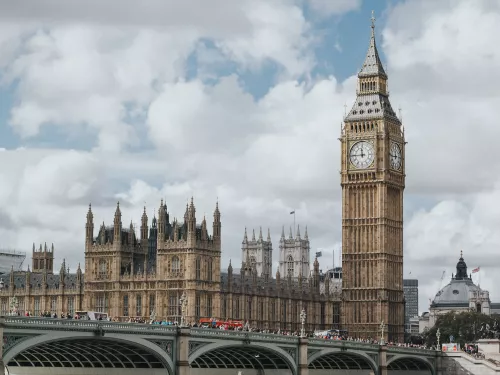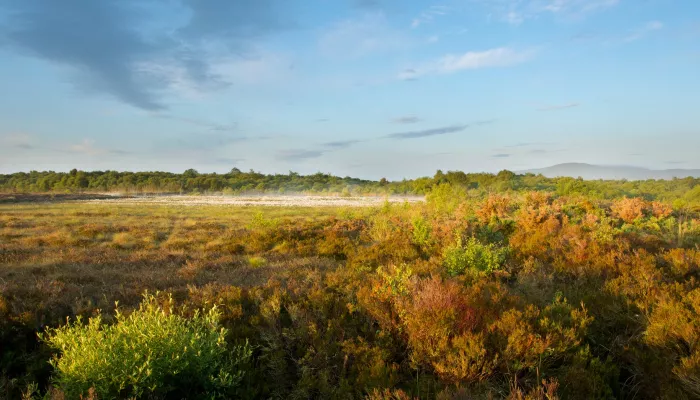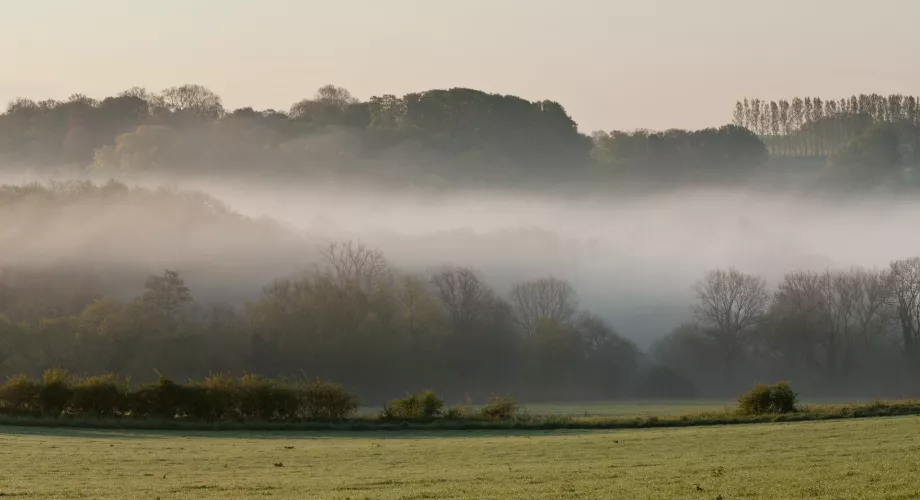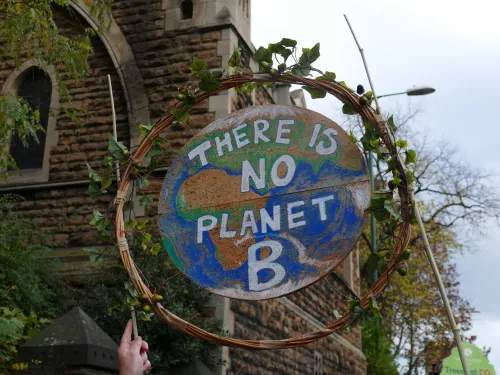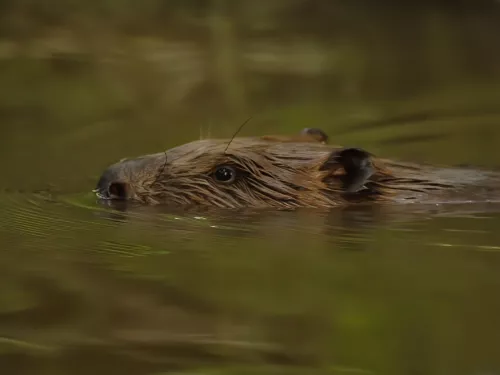In a short film for The Wildlife Trusts, calling for powerful new environmental laws and for a Nature Recovery Network, Sir David Attenborough, president emeritus of The Wildlife Trusts, said:
“A wildlife-rich natural world is vital for our wellbeing and survival. We need wild places to thrive. Yet many of our systems and laws have failed the natural world. We now live in one of the most nature depleted places on the planet. Nature urgently needs our help to recover – and it can be done. By joining up wild places and creating more across the UK we would improve our lives and help nature to flourish - because everything works better when it’s connected.”
Why a Nature Recovery Network?
For many years we’ve known that nature reserves alone are not enough for wildlife’s recovery. Too often we’ve seen wildlife forced into fewer and smaller pockets of wild space, surrounded by urban development or intensive agriculture. This reduces nature’s resilience to climate change. Sir John Lawton, who led a Government review of England’s wildlife sites in 2010, said: “There is compelling evidence that they are generally too small and too isolated. We need more space for nature.”
To allow nature to recover, we need to reconnect the fragmented sites that remain – stitching back together Britain’s tattered natural fabric of wild land and creating more space for wildlife.
A Nature Recovery Network would act as a strategic spatial planning framework to map, plan and deliver what nature needs to recover, allowing targeted delivery and investment in nature’s recovery and for translating national objectives into real change on the ground. Aligning funds such as Environmental Land Management payments and “net gain” contributions will provide value for money and allow businesses to have confidence in where and how to invest for long term environmental gain.
Joan Edwards, Director of Public Affairs for The Wildlife Trusts, says:
“The need to reverse nature’s decline is more urgent than ever. Nature and the wild places it depends on are in crisis – on land and at sea – and people are crying out for decisive action. This Environment Bill is a critical opportunity to tackle the environment emergency and should be the highest priority for all political parties.
“We’re pleased the Government has recognised the scale of the challenge by including legally binding targets and measures to support a Nature Recovery Network in the Bill. This network will create a joined-up network of habitats everywhere, not just isolated spaces, to provide enough space for wildlife to recover and to bring nature back before it’s too late.
“We welcome the requirement to set up local nature recovery strategies throughout England – these will include a statement of biodiversity priorities and a spatial approach to mapping out nature’s recovery.
“The bill contains a major omission – there is no provision for ‘non-regression’ which means that existing environmental standards could be weakened.”
